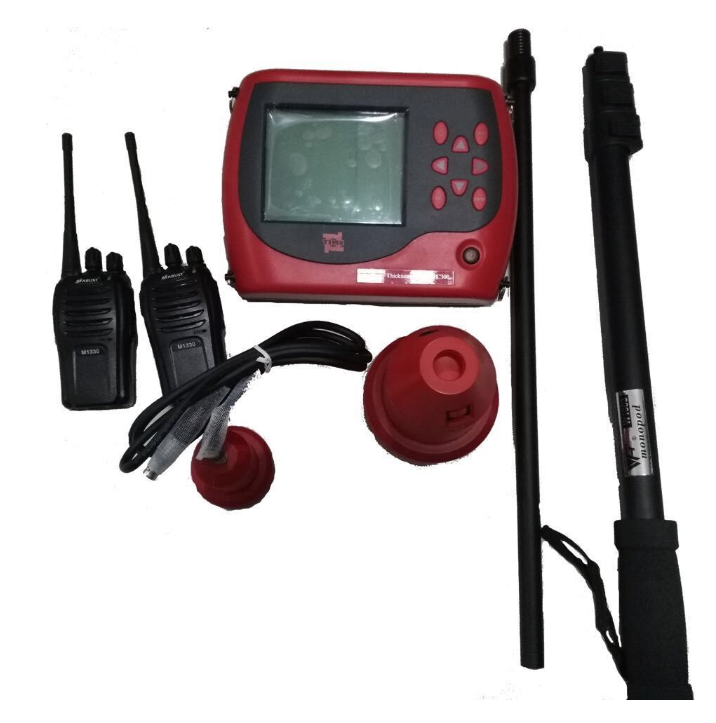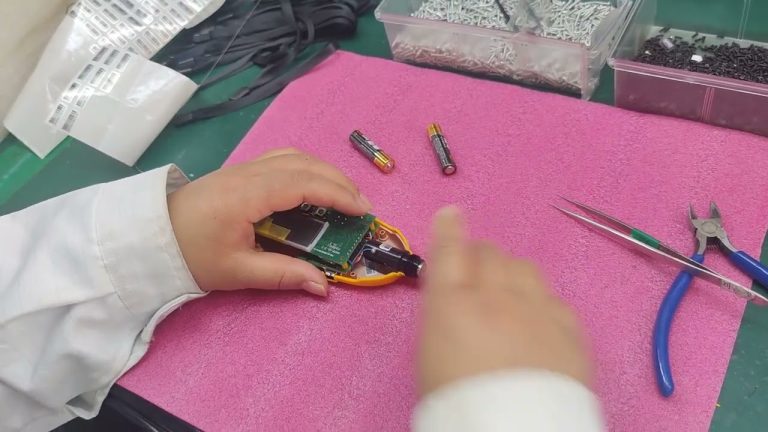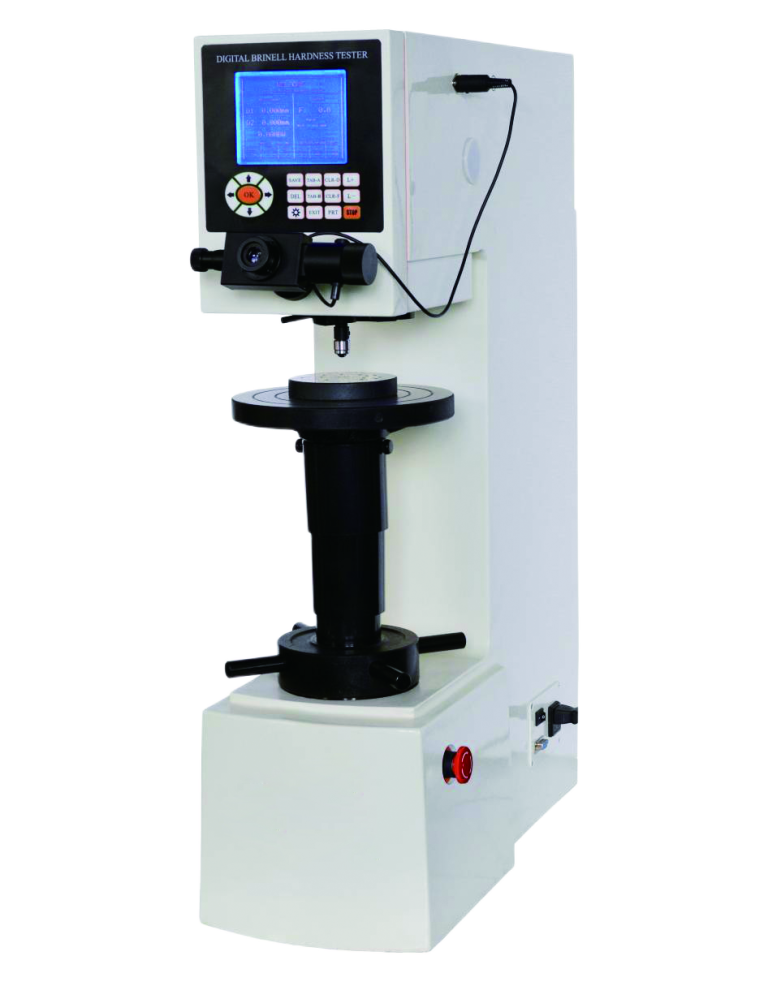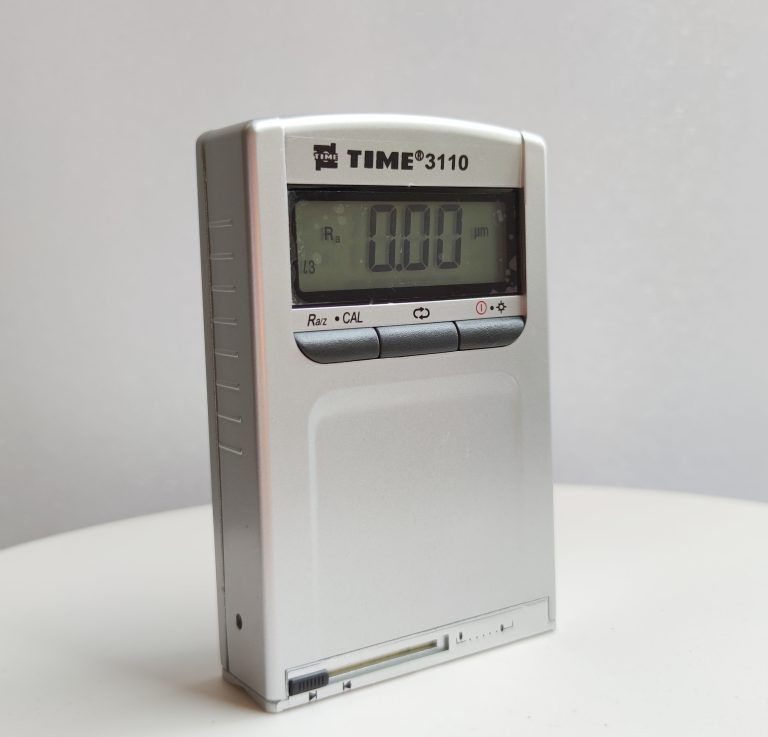In various industries, the application of coatings is essential for protecting surfaces from corrosion, wear, and other forms of degradation. The effectiveness of these coatings largely depends on their thickness.
A coating that is too thin may not provide adequate protection, while a coating that is too thick can lead to issues such as cracking or peeling. To ensure optimal performance, the use of a coating thickness gauge is critical.
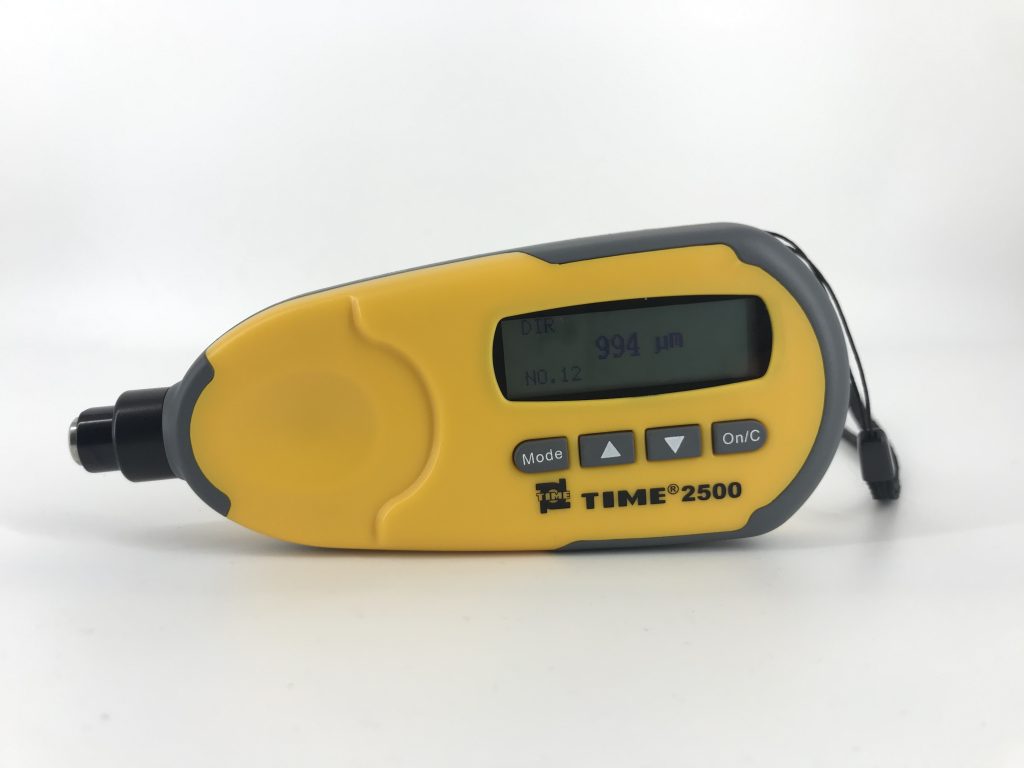
What is a Coating Thickness Gauge?
A coating thickness gauge is a precise instrument designed to measure the thickness of coatings applied to various substrates, such as metals, plastics, and wood. These gauges can measure coatings made of paint, powder, enamel, and other materials. By providing accurate measurements, they help manufacturers and quality control personnel maintain the desired specifications for their products.
Importance of Measuring Coating Thickness
1. Quality Control: Consistent coating thickness is crucial for maintaining product quality. Using a coating thickness gauge helps ensure that the coating meets industry standards and specifications, preventing defects and ensuring customer satisfaction.
2. Cost Efficiency: By accurately measuring the thickness of coatings, companies can avoid over-application, which can lead to unnecessary material costs. Conversely, under-application can lead to increased maintenance and replacement costs due to premature failure.
3. Compliance with Regulations: Many industries are subject to strict regulations regarding coating thickness, especially in sectors like automotive and aerospace. A coating thickness gauge helps ensure compliance with these regulations, avoiding potential fines and legal issues.
4. Enhanced Durability: Properly measured and applied coatings enhance the durability and longevity of products. This is particularly important in harsh environments where surfaces are exposed to chemicals, moisture, and extreme temperatures.
Types of Coating Thickness Gauges
There are several types of coating thickness gauges, each suited for different applications:
1. Magnetic Induction Gauges: These gauges are used primarily for measuring non-magnetic coatings on ferromagnetic substrates. They work by measuring the magnetic field’s response to the coating’s thickness.
2. Eddy Current Gauges: Suitable for non-conductive coatings on non-ferrous metals, eddy current gauges operate by inducing eddy currents in the substrate and measuring the resulting changes.
3. Ultrasonic Gauges: These are versatile and can measure the thickness of coatings on various substrates. They work by sending ultrasonic waves through the coating to determine thickness based on the time it takes for the waves to reflect back.
4. Mechanical Gauges: These traditional gauges use a mechanical dial or scale to measure coating thickness. They are less common today but can still be found in some applications.
Applications of Coating Thickness Gauges
Coating thickness gauges are widely used across various industries, including:
– Automotive: Ensuring the proper thickness of paint and protective coatings to enhance vehicle durability and appearance.
– Aerospace: Measuring coatings on aircraft components to meet stringent safety and performance standards.
– Manufacturing: Monitoring coating processes in industrial applications to maintain quality control and product specifications.
– Construction: Checking the thickness of protective coatings on structural elements to prevent corrosion and prolong the life of buildings and infrastructure.
The use of a coating thickness gauge is indispensable in ensuring the quality and performance of coated products across various industries. By accurately measuring coating thickness, businesses can achieve better quality control, reduce costs, and comply with industry regulations. As technology continues to advance, the functionality and accuracy of coating thickness gauges will likely improve, further enhancing their role in manufacturing and quality assurance processes.

